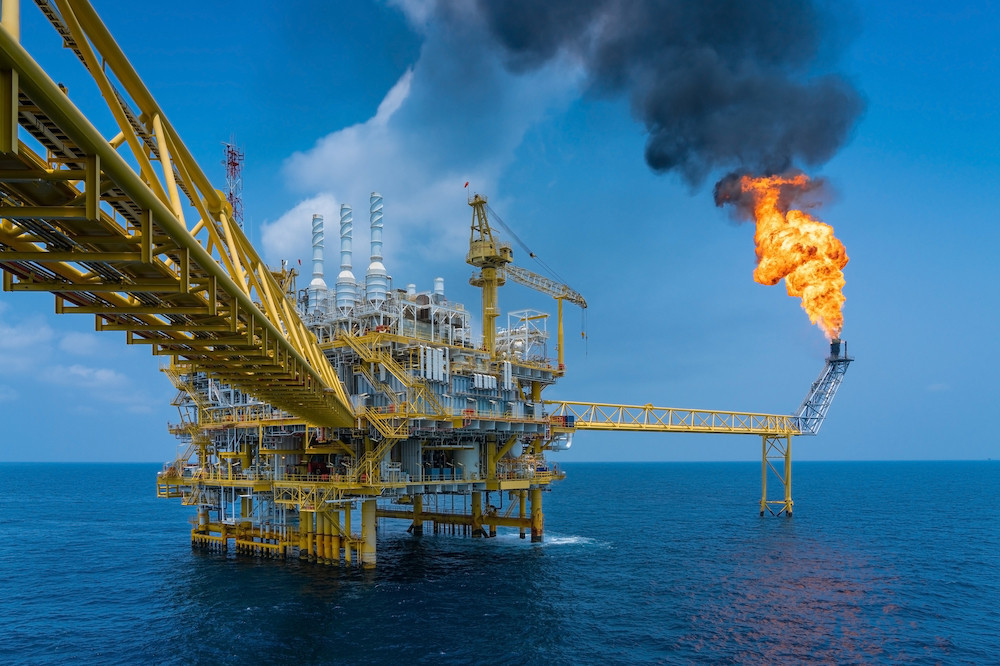To limit global warming to less than 1.5°C by the end of the century, the International Energy Agency (IEA) said that beyond projects already committed as of 2021, there should be no new oil and gas fields approved for development.
However, European banks continue to invest massively in this area, according to a published on Monday 14 February. $406bn dollars (more than €483bn) have been invested since 2016 by 25 European banks in the largest oil and gas companies, such as ExxonMobil, Shell or BP.
On the podium of the most generous banks in this area, HSBC (more than $59bn invested since 2016) is leading the way ahead of Barclays ($48bn) and BNP Paribas ($46bn).
However, since last April, these banks have been signatories to the Net-Zero Banking Alliance (NZBA), which commits them to making the transition to carbon neutrality. Since then, however, investments have not stopped: $33bn have been paid out to the oil sector by these banks. And four of the NZBA's founding members--HSBC, Barclays, BNP Paribas and Deutsche Bank--have contributed half ($19bn) of the amount.
$1.5trn in coal
At the same time, a (including Reclaim Finance, Friends of the Earth France and Urgewald) and published on Tuesday found that major international banks had granted $1.5trn in the form of loans and share and bond issues to the coal industry between January 2019 and November 2021.
Yet financing oil and gas expansion or the coal industry is a "lose-lose scenario" for banks and investors, says ShareAction. If demand for oil and gas falls to within 1.5°C of warming, prices will fall and assets will be stranded. But if demand does not fall sufficiently, the economy will suffer severe climate change-related consequences. In any case, value will be destroyed for companies, banks and investors, the NGO concludes.
This story was first published in French on . It has been translated and edited for Delano.
